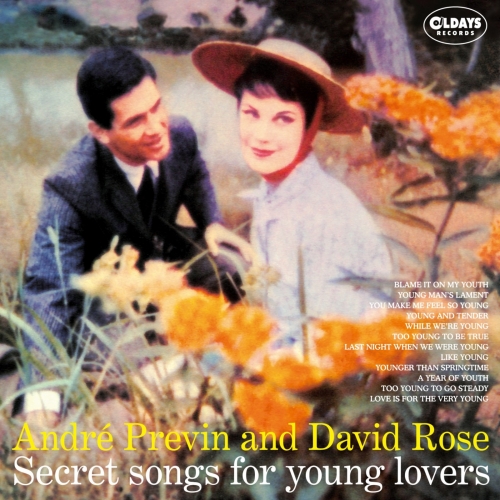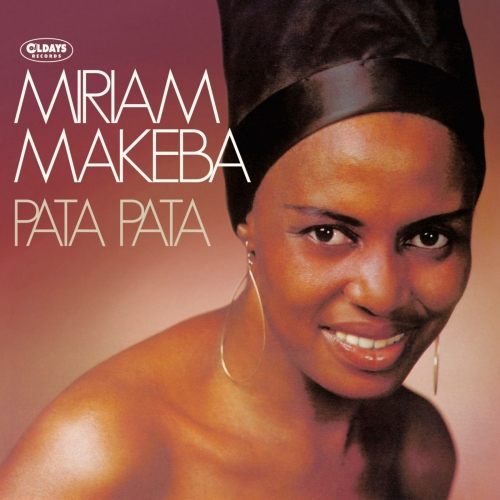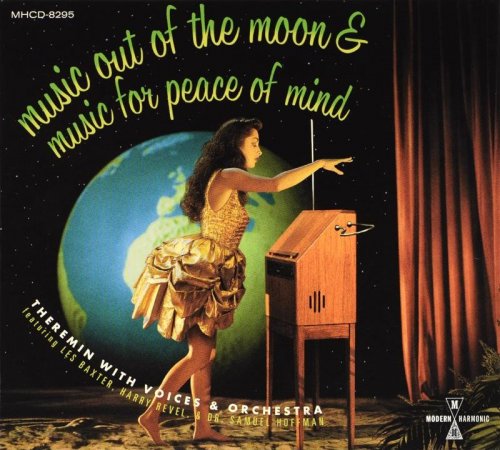BBC Philharmonic Orchestra & Sir Andrew Davis - Holst: Orchestral Works, Vol. 4 (2018) [Hi-Res]
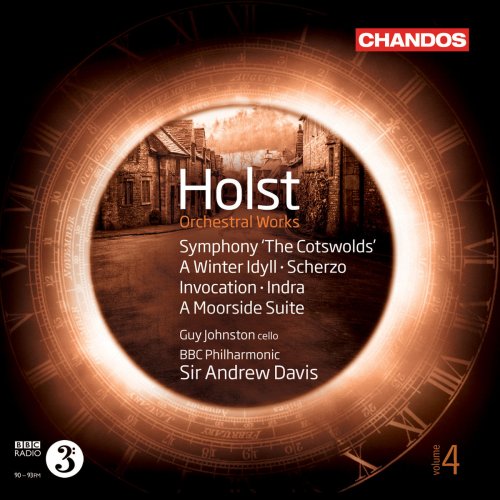
Artist: BBC Philharmonic Orchestra & Sir Andrew Davis
Title: Holst: Orchestral Works, Vol. 4
Year Of Release: 2018
Label: Chandos
Genre: Classical
Quality: flac lossless / flac 24bits - 96.0kHz +booklet
Total Time: 01:17:03
Total Size: 291 mb / 1.3 gb
WebSite: Album Preview
TracklistTitle: Holst: Orchestral Works, Vol. 4
Year Of Release: 2018
Label: Chandos
Genre: Classical
Quality: flac lossless / flac 24bits - 96.0kHz +booklet
Total Time: 01:17:03
Total Size: 291 mb / 1.3 gb
WebSite: Album Preview
---------
01. A Winter Idyll, H. 31
02. Symphony in F Major, Op. 8 "Cotswolds": I. Allegro con brio
03. Symphony in F Major, Op. 8 "Cotswolds": II. Elegy. Molto adagio (In Memoriam William Morris)
04. Symphony in F Major, Op. 8 "Cotswolds": III. Scherzo. Presto-Allegretto
05. Symphony in F Major, Op. 8 "Cotswolds": IV. Finale. Allegro moderato
06. Invocation, Op. 19 No. 2
07. A Moorside Suite, H. 173 (Version for String Orchestra): I. Scherzo. Allegro
08. A Moorside Suite, H. 173 (Version for String Orchestra): II. Nocturne. Adagio
09. A Moorside Suite, H. 173 (Version for String Orchestra): III. March. Allegro
10. Indra, Op. 13
11. Scherzo, H. 192
The BBC Philharmonic, based in Manchester, is one of the most important orchestras in the United Kingdom, distinguishing itself through sheer visibility and through a solid commitment to contemporary British music that has included the establishment of a composer/conductor position.
The orchestra's history is rather checkered, for it has had to endure numerous crises. In 1922, prior to the official establishment of the British Broadcasting Corporation, Manchester had a radio station known as 2YZ, housed on the premises of the Metropolitan Vickers Electrical Company. Early on, a small orchestra was established for broadcasts concentrating mainly on light music, but expanding on occasion for performances of symphonic repertoire and opera. The station gained a reputation for broadcasting British music, including first radio performances of music by Edward Elgar, Gustav Holst, and William Walton. When the BBC was established, in 1927, the 2YZ orchestra was renamed the Northern Wireless Orchestra; later it became the BBC Northern Orchestra. Its existence was always precarious, but the group's size and repertoire increased. During World War II, the orchestra gave concerts in various communities around the region, bringing it a wider public. The Northern Orchestra continued to gain a strong reputation for performing and broadcasting British music, particularly works by living composers who were often invited to conduct the orchestra themselves.
In 1961, the BBC Northern Orchestra made its first appearance at the Henry Wood Promenade Concerts under the direction of George Hurst. The regional identity of the ensemble began from that point to evolve into a national and international one. After a difficult strike in 1980, the BBC made the commitment to support a full orchestra in Manchester, and, in 1982, the ensemble was given its current name. Its principal conductor at that time was Edward Downes, who was succeeded in 1991 by Yan Pascal Tortelier. In 2002 Gianandrea Noseda was named principal conductor.
The ensemble's reputation for adventurous programming has expanded to an international scope as well, as composers from various countries have come to Manchester to conduct the orchestra. In 1991, the post of composer/conductor was created, with Peter Maxwell Davies being the first appointment. Davies composed a number of works for the orchestra, including several symphonies culminating with Symphony No. 7, premiered in 2000. Along the way, he has also recorded a number of his orchestral works for CD release. Scottish composer James MacMillan was named his successor in 2001.
The people of Manchester and the north of England are rightly proud of their radio orchestra. With so much British culture and finance administered in London, there is an independent spirit driving the culture of the north. The BBC Philharmonic has not only survived, but has thrived. It has developed a character distinct from that of the larger BBC Symphony Orchestra, based in London, more populist, perhaps, but also more adventurous and, with the orchestra's large recording catalog, generous outreach programs, and international tours, more entrepreneurial.
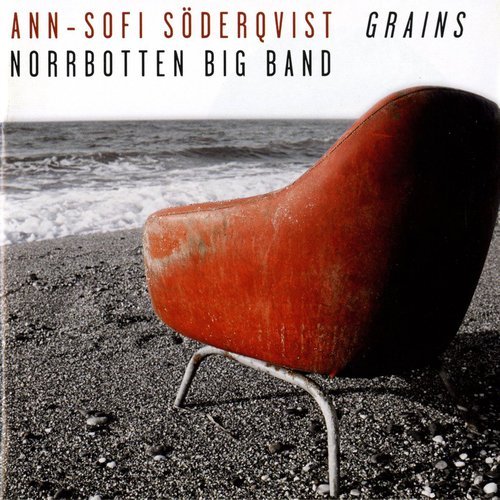
![Gal Golob - Gal Golob Trio Live at Jazz Cerkno (Live) (2025) [Hi-Res] Gal Golob - Gal Golob Trio Live at Jazz Cerkno (Live) (2025) [Hi-Res]](https://img.israbox.com/img/2026-02/09/0sr1cx835g04x8g6nfpgvtips.jpg)

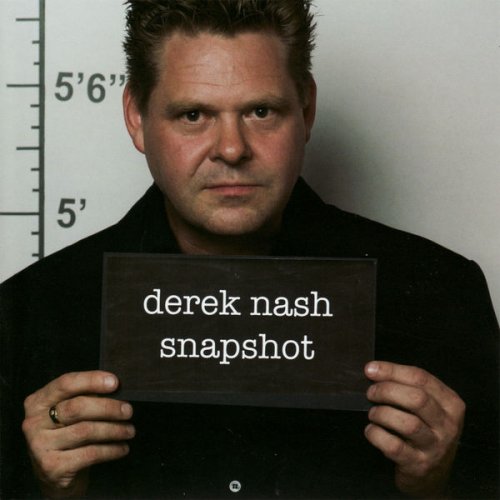

![Ivan the Tolerable - House Of The Hidden Light (2025) [Hi-Res] Ivan the Tolerable - House Of The Hidden Light (2025) [Hi-Res]](https://img.israbox.com/img/2026-02/09/w0ewoyh3ruhx4erd1r1jm9l0r.jpg)
